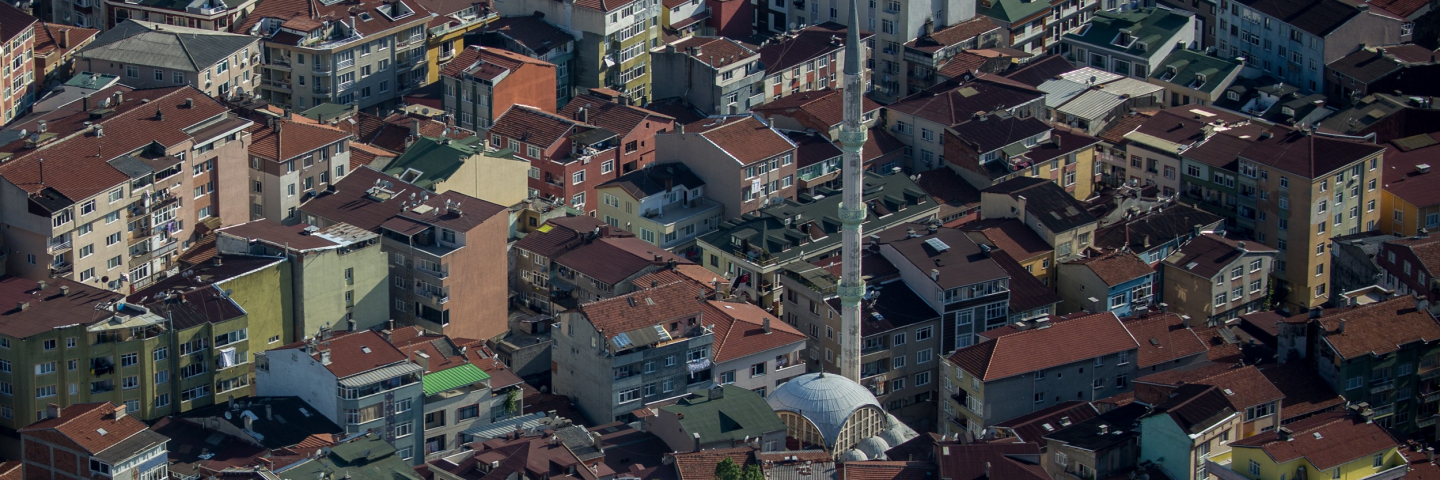
COVID-19 and the Influence of Russia and China in the Western Balkans
“The saga of the COVID-19 pandemic is still looming large across the globe, and although the intensity of the infection is slowly diminishing, the risk and the fear from the virus remain deeply ingrained within the world’s population.
While it is still too early to assess the exact origins of the virus and its long-term health and societal repercussions, some disturbing issues have emerged. An overall late response was exacerbated by minimal solidarity and cooperation between countries. This unforeseen and unpredictable situation has shed light on the disparities and polarization among nations. Instead of adopting united responses, countries have generally turned inward and failed to display much generosity or even empathy towards one another. This environment then invited the influence of non-western states into regions such as the Western Balkans in their struggle to combat the virus while serving to highlight the geopolitical landscape of great power competition today.
None of the six Western Balkan countries has escaped the pandemic. Their fragile democracies, weak economies, and unstable governments were severely tested as they faced limitations of medical facilities and equipment shortages due to the relatively large number of affected individuals...”
Excerpt from Diplomatic Courier, July 7, 2020.
Ambassador Ahmetaj a graduate of SES 17-10, is former Minister of EU Integration in Kosovo, former MP, previously served as Ambassador to Brussels and Slovenia. Currently, she is Ambassador in Strasbourg. She is regular column writer on foreign policy and EU integration.
This article reflects the views of the author and are not necessarily the official policy of the United States, Germany, or any other governments.


